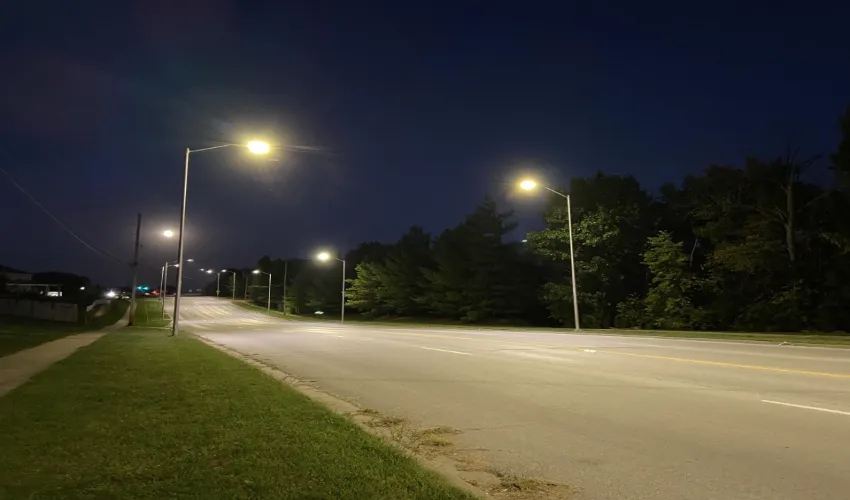In today’s rapidly growing urban landscapes, effective Street Light Control is crucial for optimizing energy consumption and enhancing safety. Street light control systems have evolved significantly over the years, offering innovative solutions that not only brighten our streets but also contribute to sustainability and cost-efficiency.
Understanding Street Light Control
Street light control involves the management and regulation of street lighting to ensure optimal brightness and energy efficiency.
Evolution of Street Light Control Systems
Street light control systems have evolved from simple timers to sophisticated smart systems.
Importance of Street Light Control
Efficient street light control offers numerous benefits, including:
- Enhanced energy efficiency
- Reduced light pollution
- Improved safety and security
- Cost savings for municipalities
Innovative Technologies
LED Street Lighting
LED street lights have revolutionized urban lighting with their energy efficiency and longevity.
Smart Street Light Control Systems
Smart street light control systems utilize advanced technologies such as:
- Remote monitoring and control
- Motion sensors
- Adaptive lighting
Benefits of Smart Street Light Control Systems
Smart street light control systems offer several benefits, including:
Energy Efficiency
By adjusting brightness based on real-time conditions, smart street light control systems significantly reduce energy consumption.
Cost Savings
Smart systems help municipalities save on energy and maintenance costs by optimizing street light operation.
Enhanced Safety
Motion sensors and adaptive lighting improve visibility and enhance safety for pedestrians and drivers.
Challenges and Solutions
Integration Challenges
Integrating smart street light control systems with existing infrastructure can be challenging but is essential for maximizing benefits.
Security Concerns
Ensuring the security of smart street light control systems is crucial to prevent unauthorized access and cyber threats.
Future Trends
IoT Integration
The integration of street light control systems with the Internet of Things (IoT) will enable even greater efficiency and optimization.
Data-driven Insights
Analyzing data collected by smart street light control systems will provide valuable insights for urban planning and energy management.
FAQs (Frequently Asked Questions)
How do smart street light control systems work?
- Smart street light control systems use sensors and wireless communication to adjust brightness based on real-time conditions, reducing energy consumption and enhancing safety.
What are the benefits of LED street lighting?
- LED street lighting offers superior energy efficiency, longevity, and better light quality compared to traditional lighting technologies.
Are smart street light control systems expensive to install?
- While the initial installation cost may be higher, smart street light control systems offer significant long-term cost savings through energy efficiency and reduced maintenance.
Can smart street light control systems be integrated with existing infrastructure?
- Yes, smart street light control systems can be integrated with existing infrastructure, but it may require some upgrades and modifications.
How do smart street light control systems contribute to sustainability?
- By reducing energy consumption and light pollution, smart street light control systems contribute to environmental sustainability and conservation efforts.
Are smart street light control systems vulnerable to cyber-attacks?
- Ensuring the security of smart street light control systems is essential to prevent unauthorized access and cyber threats. Proper encryption and security measures can mitigate these risks effectively.
Conclusion
Effective street light control is essential for creating safer, more energy-efficient, and sustainable urban environments. By embracing innovative technologies and smart solutions, cities can optimize street light management, reduce energy consumption, and enhance safety for everyone.
